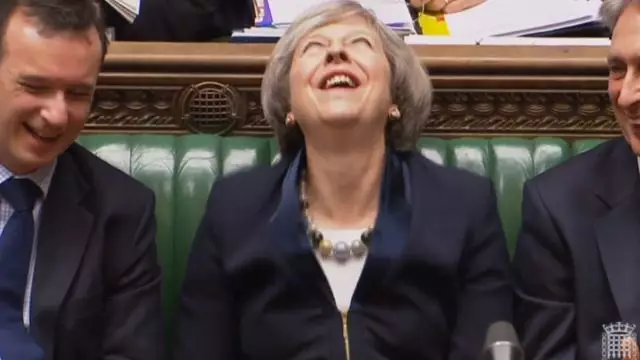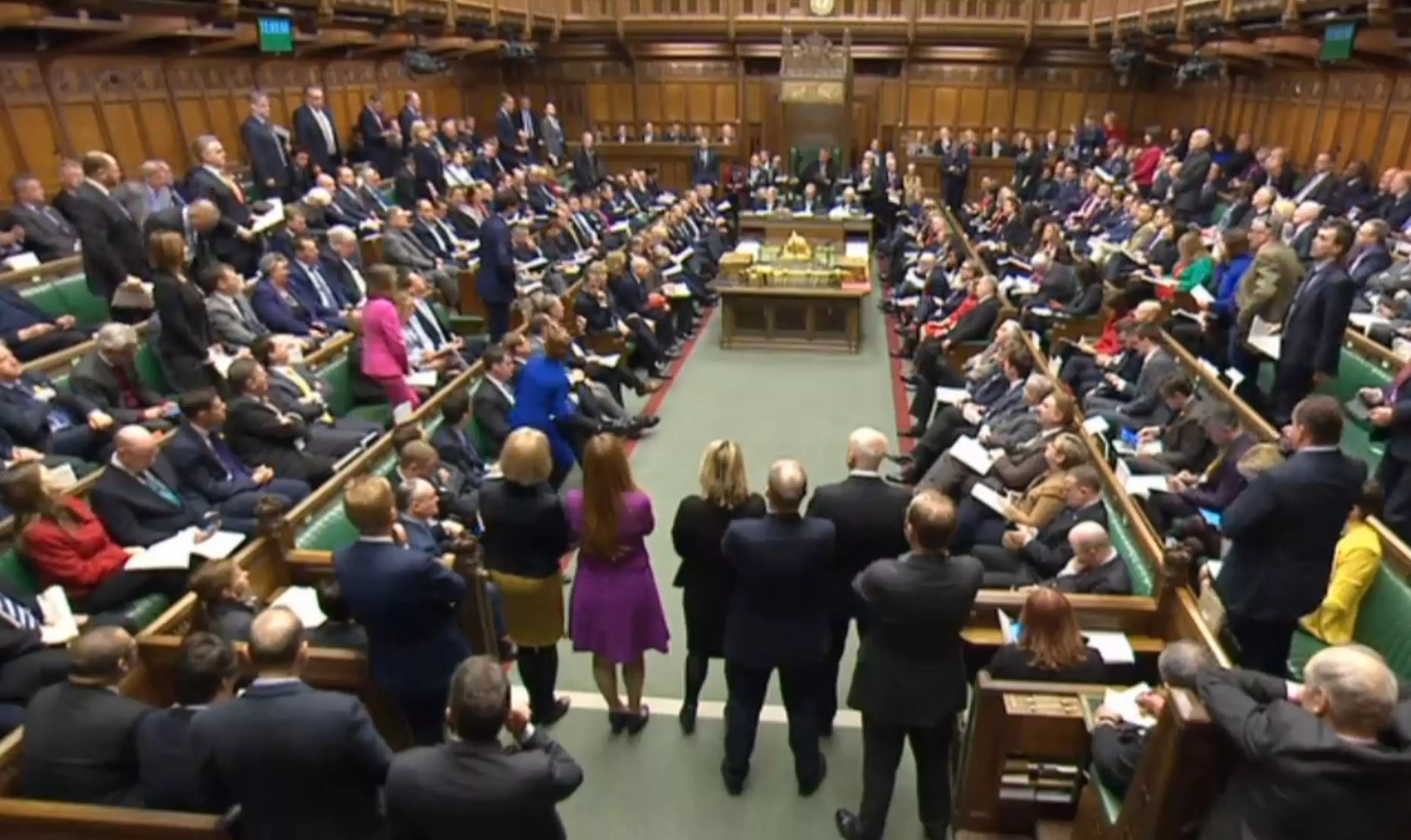
MPs will enjoy a boost in income of £1,300 from April.
The 1.8 percent hike, from £76,011 to £77,379, means their salaries will have been beefed up 17.7% since 2010, while public sector workers endured seven years of austerity.
Prime Minister Theresa May's income will go up from £151,451 to £152,819, according to The Mirror, pumped up by investment dividends and in excess of £10,000 in rent from her and husband Philip's London flat.
The Prime Minister's spokesman said: "This is an independent decision by IPSA, independent of Government and Parliament.
"Obviously it's important that MPs no longer set their own pay.
"It's important to note that ministerial salaries remain frozen since 2010."
The salary for chairmen of Commons select committees is also set to increase by 1.8 percent to £15,509, which is added to the basic salary for being an MP.
It's an even bigger increase on the 1.4 percent pay rise MPs got last year.
Confirming the increase, the IPSA said: "This is in line with a commitment made in July 2015 to adjust MPs' pay at the same rate as changes in public sector earnings published by the Office for National Statistics (ONS)."
Advert
Police and NHS staff are still waiting to learn how much their pay will rise from April and whether it will match the 1.8 percent awarded to MPs.

Meanwhile, the number of public sector workers relying on charity handouts to scrape by has soared since 2010, the Independent reports.
Labour called the numbers 'utterly shameful', while the Liberal Democrats said it was 'appalling' for workers to be forced into 'begging for money'.
The news comes following several years of wage freezes and pay rises that don't match inflation for workers within the public sector.
Nurses have endured a 14 percent drop in wages, while teachers' earnings in England were worth 12 percent less in 2015 than they had been 10 years before.
The basic salary for police constables has also been reduced by roughly 12 percent in real terms since 2010. This is as a result of changes to pay coupled with inflation rates.
A Treasury spokesperson said: "The pay cap helped to protect public sector jobs as we continue to reduce the UK's deficit, but we have confirmed that the across-the-board one percent cap will no longer apply.
"We have acted to help people with their living costs, including cutting taxes and introducing the national living wage. The independent pay review bodies are now examining each workforce's needs and will report in spring 2018."
Featured Image Credit: PATopics: UK News, theresa may, Money, Politics